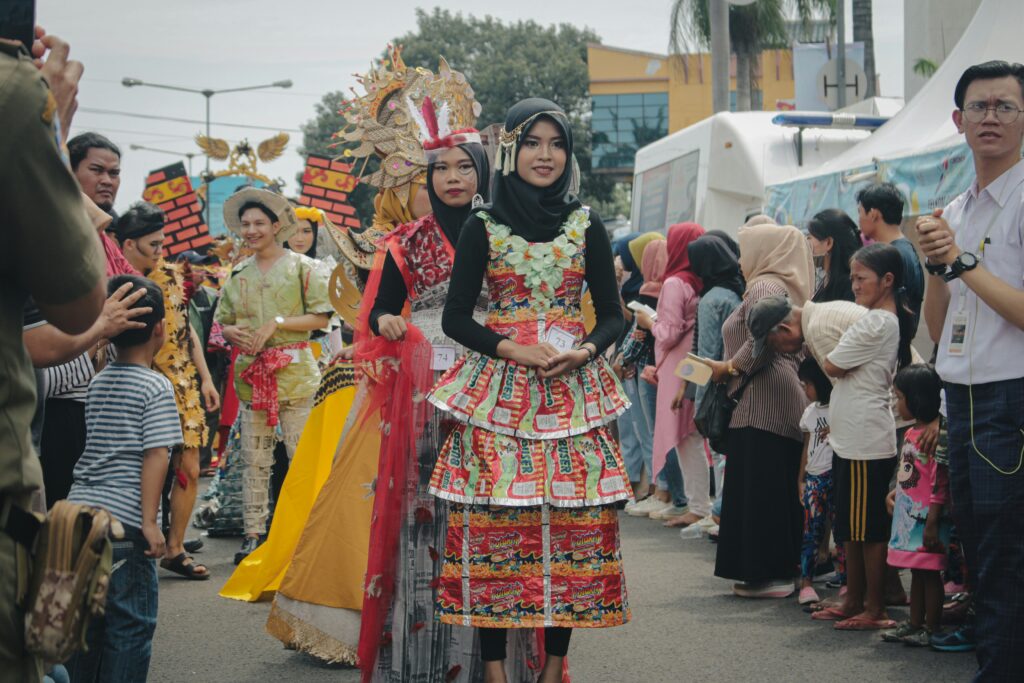How Volunteering Enhances Cultural Awareness: A Deep Dive


Volunteering is a powerful tool for personal growth and social change. Beyond the obvious benefits of helping others, volunteering can significantly broaden one’s understanding of different cultures. By engaging in volunteer work, individuals have the opportunity to interact with people from diverse backgrounds, learn about various cultural practices, and develop a more profound sense of empathy and respect for others. This connection between volunteering and cultural awareness can lead to more inclusive communities and foster a sense of global citizenship.
Fostering Empathy Through Volunteer Work
Volunteering places individuals in environments where they encounter people who might have different life experiences, challenges, and perspectives. When volunteers help in diverse communities, they witness firsthand the struggles and triumphs of people from various cultural backgrounds. This direct exposure helps them understand the emotional and social realities others face, which is not always apparent from an outside perspective.
As volunteers work alongside individuals from different cultures, they are more likely to build empathetic connections. These experiences challenge preconceived notions and stereotypes, opening the door to a deeper understanding of emotional intelligence. By actively engaging with others, volunteers can break down barriers and promote tolerance, encouraging a more accepting outlook toward diversity in all aspects of life.
Experiencing New Perspectives Through Cultural Exchange
One of the most rewarding aspects of volunteering is the opportunity for cultural exchange and growth. Volunteers who work in multicultural settings often find themselves learning about new customs, languages, and traditions. This exchange allows volunteers to see the world from a perspective they may have never considered before, making them more aware of the global context in which we all exist.
When individuals immerse themselves in new cultures, they not only gain knowledge but also develop an appreciation for the uniqueness of different ways of life. Such experiences teach volunteers to respect traditions and viewpoints that differ from their own, thereby helping to create a more inclusive and harmonious society. The skills learned during these interactions, such as cross-cultural communication and adaptability, can be valuable assets in both personal and professional settings.
Breaking Down Stereotypes and Misconceptions
Stereotypes often arise from ignorance or limited exposure to people from other cultures. Volunteering helps break these stereotypes by providing volunteers with direct experiences that challenge misconceptions. Whether it’s volunteering at an international aid organization or helping at a local community center, volunteers are placed in situations where they can interact with people outside their usual social circles. This not only broadens their understanding but also humanizes individuals who might otherwise be viewed through the lens of prejudice or misunderstanding.
Volunteering often confronts biases head-on, as volunteers witness the diversity of human experiences beyond the stereotypes they may have grown up with. The personal connections formed while volunteering enable deeper learning and reflection, ultimately leading to a more nuanced understanding of different cultures. Volunteers become more likely to challenge stereotypes in their everyday interactions, helping to reduce discrimination and promote a culture of inclusion.
The Role of Volunteering in Community Building
Cultural awareness gained through volunteering plays a crucial role in community building. When individuals from diverse backgrounds come together for a common cause, they not only work toward achieving goals but also foster understanding and mutual respect. Volunteering in such an environment creates opportunities for collaboration, bridges the cultural gap, and promotes unity.
As communities grow increasingly diverse, cultural awareness becomes essential for creating a sense of belonging. Volunteers who engage with different cultural groups contribute to strengthening the fabric of their communities. Their efforts help to create spaces where everyone feels valued, regardless of their cultural background. In this way, volunteering catalyzes social change, allowing us to make more cohesive and integrated communities.
Enhancing Global Perspective and Interpersonal Skills
Volunteering not only enhances cultural awareness within local communities but also broadens one’s global perspective. By volunteering for international projects or organizations that operate in different parts of the world, individuals gain insight into global issues such as poverty, climate change, and inequality. This broader perspective helps volunteers understand the interconnectedness of the world and the importance of collaborating to address shared challenges.
Additionally, volunteering in diverse settings improves interpersonal skills. Volunteers learn how to communicate effectively with people who may not share their first language or cultural references. These experiences help develop skills like active listening, patience, and flexibility, all of which are essential for fostering better cross-cultural relationships. Whether volunteering locally or abroad, these skills enable individuals to be more effective in navigating multicultural environments and contribute to their overall personal growth.
Volunteering as a Pathway to Lifelong Learning
Cultural awareness through volunteering often leads to a lifelong commitment to learning. Volunteers who have gained insight into different cultures through their work are more likely to continue seeking out opportunities for cultural exploration and education. This passion for learning can lead to further volunteer opportunities, travel experiences, or academic pursuits related to global studies or anthropology.
Moreover, volunteering helps individuals cultivate a sense of responsibility toward others, motivating them to stay engaged in social causes. Whether it’s through continued volunteering or advocating for cultural education, the experiences gained during volunteer work have a lasting impact. As a result, volunteers often become lifelong learners, committed to promoting diversity and fostering global understanding throughout their lives.
The connection between volunteering and cultural awareness is undeniable. By engaging in volunteer work, individuals open themselves to new perspectives, challenge stereotypes, and build deeper connections with people from diverse cultural backgrounds. These experiences not only enhance personal growth but also contribute to creating more inclusive and compassionate communities. Volunteering is a powerful tool for fostering empathy, breaking down cultural barriers, and cultivating global citizens who are equipped to address the challenges of an interconnected world.
